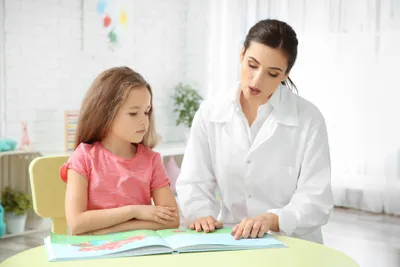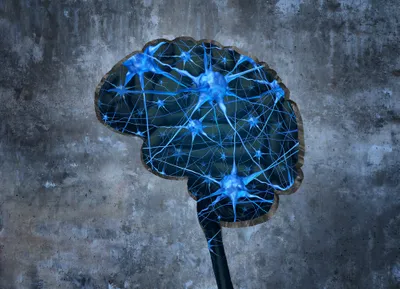Aphasia is the inability to properly communicate orally or through writing, usually as the result of a stroke or another medical problem. Symptoms can range from leaving out key words from sentences to losing the ability to differentiate between truth and sarcasm, and it can be very frustrating and limiting to the sufferer.
The good news is that in many cases, the patient can improve their language and communication skills over time through the help of a professional. In other cases, the underlying medical cause can be addressed, and associated symptoms can also be improved. Let’s look at seven treatments focused on aphasia, to help get people talking about National Aphasia Awareness month in June…
1. Speech Therapy
Medscape.com notes, “Special techniques exist to treat patients with articulatory problems, agrammatism, lack of syntax, and lack of intonation ability”. It says most experts agree that speech therapy is important in the improvement of communication skills in cases of aphasia.
The source backs up its claim by noting there are studies that show “intensive speech therapy may be more beneficial than a more extended course of sporadic therapy,” meaning a prolonged and targeted approach may be best.
2. Computer Assistance
The American Speech-Language-Hearing Association (ASHA) explains technology can be useful in the restoration of language function lost to aphasia. This “computer-based treatment” can involve touch screen tablets or software that targets language skills, notes the source.
This type of treatment can also accurately monitor a patient’s progress, it adds. “Several currently available programs generate data about the individual’s progress on specific tasks; these data can be used in clinical documentation,” explains the source.
3. Medications
Medscape explains that “medical treatment of aphasia is considered experimental,” and that certain drugs (dopaminergic, cholinergic, and stimulants) have been tried with no clear benefit yet in trials. Drugs to treat Alzheimer’s in cases of primary progressive aphasia (that gradually appears, rather than suddenly like after a stroke) have also not been proven to be helpful.
However, the source also notes there’s often depression or behavioral problems associated with aphasia, which can often be addressed with SSRI antidepressant medications. This can be coupled with psychological and emotional support.
4. Music Therapy (Melodic Intonation Therapy)
ASHA explains that the “musical elements of speech” such as rhythm can be used to help someone with aphasia to more easily express words. “This approach capitalizes on intact functioning (singing) while engaging areas of the undamaged right hemisphere that are still capable of language,” notes the source.
This approach is often reserved with the most severe and non-fluent cases of aphasia, adds the source. Patients start by singing simple phrases and working upwards in terms of difficulty. Visual cues are also used, and the phrases most important in the social functioning of the individual are often practiced most.
5. Visual Action Therapy
UnboundMedicine.com explains that Visual Action Therapy (VAT) is used for aphasia patients that have not responded to other treatments (usually for patients with global aphasia that affects communication and comprehension skills). It involves a “non-vocal” approach to teach patients how to make “symbolic gestures for visually absent stimuli”.
The multi-step treatment involves teaching hand gestures to refer to objects that may or may not be present in the room. The source notes that patients that receive this type of therapy have measured results in the ability to communicate non-verbally as well as to understand spoken language.
6. Reciprocal Scaffolding Treatment (RST)
Many sources spout the benefits of group therapy for aphasia patients, and this treatment falls into that category. ASHA explains that a person with aphasia that has particular knowledge of a skill is given the opportunity to engage in “reciprocal teaching interactions” with novices.
The source notes this therapy is beneficial for all involved, as the patient can convey knowledge about an area they know well, as well as providing useful information to the group of novices who can develop their own skills.
7. Transcranial Magnetic Stimulation
An overview of this treatment from Boston University says it can be a “complementary treatment” for aphasia, meaning it could be effective in tandem with other approaches. It describes transcranial magnetic stimulation as a “painless, noninvasive procedure that utilizes magnetic fields to create electric currents in discrete brain areas”.
The premise is that the treatment may address the observed overactivation of language centers in the right hemisphere of the brain, which may actually be hindering aphasia recovery rather than helping it, notes the source. This magnetic stimulation “may suppress the possible overactivation and thus modulate a distributed neural network for language,” it adds, noting a study has shown improvement in naming pictures by patients after 10-treatments.










